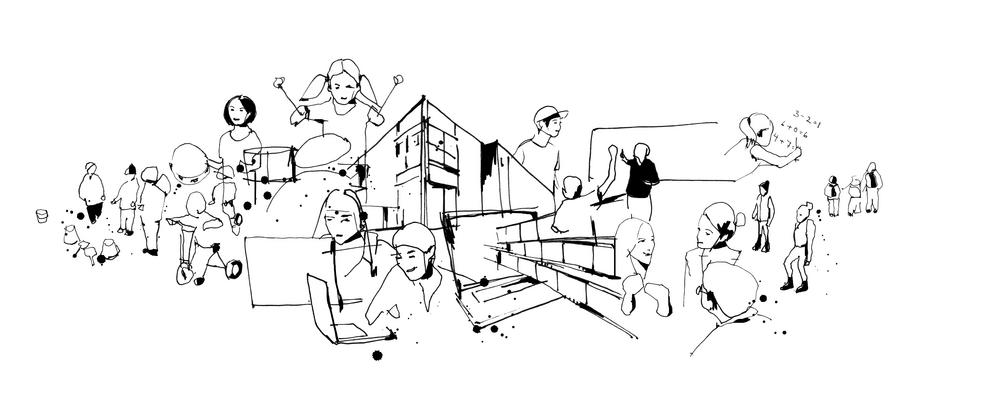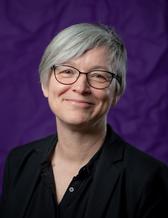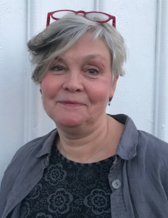Image

Photo: Illustration: Cecilia Lundgren
Inclusions and exclusions in Swedish Early Childhood Education
Research
Society and economy
Education and learning
This presentation emerges from a continued interest in the intersections of childhood and nation, and the growing presence of nationalisms in national and international politics. We focus on the importance of bottom-up aspects of nationalism, including the “assumptions, hopes, needs, longings and interests of ordinary people” (Hobsbawm, 1992, p. 10). Hence, we take our starting point from ordinary people and their social practice in early childhood institutions, as they talk about, give meaning to, accomplish, undermine or subvert the nation through routine activities. We present examples from recent early childhood education practices and developments in public and political discourses about early childhood education in Sweden.
Seminar

